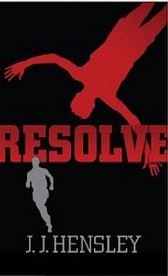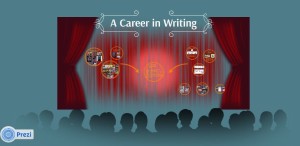by Elizabeth S. Craig, @elizabethscraig
Twitterific links are fed into the Writer’s Knowledge Base search engine (developed by writer and software engineer Mike Fleming) which has over 23,000 free articles on writing related topics. It’s the search engine for writers.
Thanks to Prashant C. Trikannad for the generous review of Body in the Backyard and interview with me on his blog, Chess, Comics, Crosswords, Music, Cinema. We discussed why I chose an octogenarian sleuth for the Myrtle Clover series, small town murder, and my writing process, among other things.
And it’s Mother’s Day in the States. :) A happy day to all the moms out there…including mine, Beth Spann.
26 Types Of English Majors: http://ow.ly/wsByJ @buzzfeedbooks
Best Method for Handling Rejections (and getting published): http://ow.ly/wsBFD @EricaVerrillo
Google Plus Tips and Tools: http://ow.ly/wsC7N @steverayson
How to share your content more than once without being spammy: http://ow.ly/wsC5r @kissmetricsContinue reading




